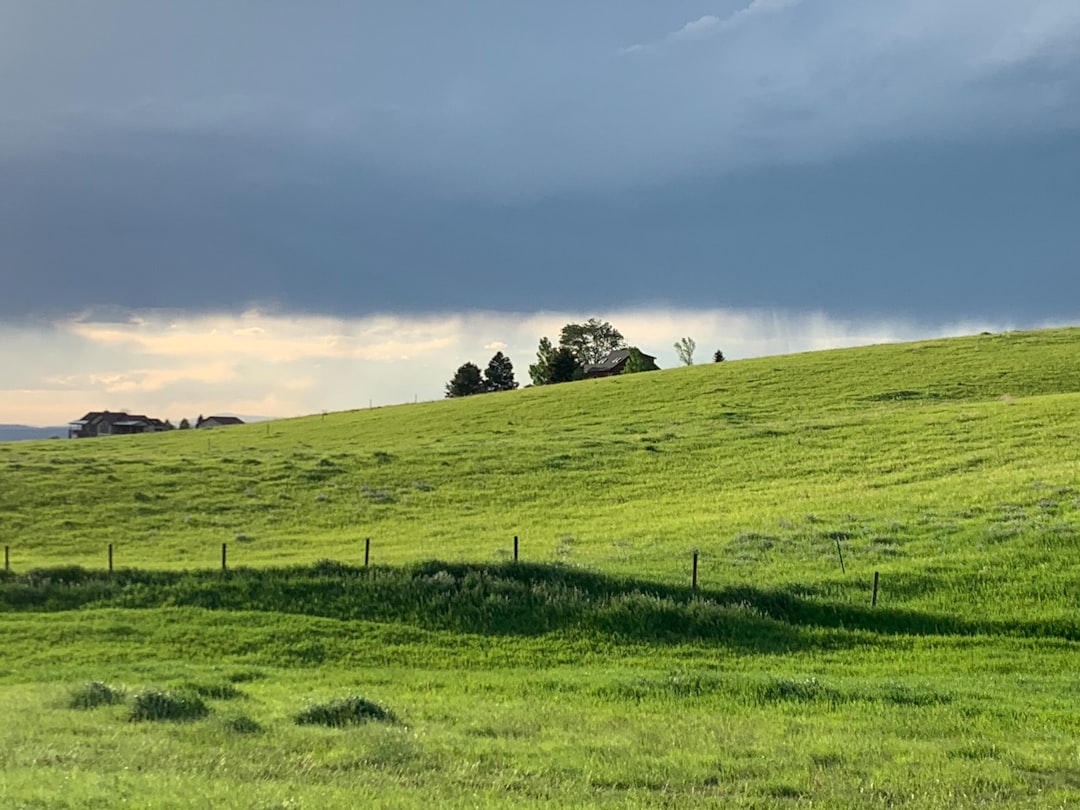Montana residents benefit from stringent anti-spam legislation and dedicated Do Not Call lists, empowering them to protect privacy. Native American reservations like Rocky Boy's face unique challenges from spam call law firms, prompting tailored data protection measures. Global digital privacy concerns require international dialogue and collaboration, respecting cultural differences while protecting consumer rights.
“In the digital age, privacy is a precious commodity, especially for Native American communities. This article explores Sangrey, a unique aspect of Rocky Boys Reservation’s history, and its modern-day relevance to digital privacy. We delve into Montana’s stringent spam call laws and their protective role for residents, while examining the intricate relationship between blood ties, law firms, and online privacy. Furthermore, we expand our scope globally, analyzing how international boundaries influence local privacy rights.”
Montana's Strict Spam Call Laws: Protecting Residents' Privacy

Montana residents enjoy a strong legal shield against unwanted spam calls thanks to the state’s stringent anti-spam legislation. These laws, specifically targeting telemarketing practices, are designed to safeguard the privacy and peace of mind of Montana’s citizens. By implementing robust measures to combat invasive phone marketing, the state has set a precedent for protecting consumer rights in the digital age.
The strict spam call laws in Montana empower residents to take action against relentless telemarketers. Legal options include registering on the state’s Do Not Call list and seeking legal counsel from specialized law firms focused on privacy rights. These proactive steps ensure that individuals can reclaim control over their communication channels, fostering a sense of security and respect for personal boundaries in an increasingly digital world.
Blood Ties: Digital Privacy and Law Firm Reservations

In the digital age, where data is a valuable commodity, blood ties and tribal reservations in Montana have an unexpected connection to online privacy rights. The issue of spam call law firms has brought attention to the need for stricter regulations protecting individuals from unwanted digital intrusions. Native American communities, like the Rocky Boy’s Reservation, face unique challenges when it comes to digital privacy, as their traditional land rights extend into the virtual realm.
Law firms specializing in spam calls often target reservations due to perceived loopholes in federal privacy laws. However, tribal governments are working to counteract this by implementing and advocating for data protection measures specific to their communities. By recognizing blood ties and cultural connections, these efforts aim to safeguard sensitive information and foster a digital environment that respects indigenous rights, while also addressing the broader concerns of Montana residents dealing with intrusive spam call law firms.
Beyond Borders: Global Impact on Local Privacy Rights

In today’s interconnected world, digital privacy concerns transcend borders, impacting individuals across different nations and cultures. The global reach of technology means that what happens in one country can have repercussions worldwide. For example, the implementation of a strict anti-spam call law in Montana doesn’t just affect residents there; it sets a precedent for other regions to follow suit, potentially leading to international discussions on consumer protection and data rights. This interconnectedness highlights the need for a unified approach to digital privacy, where local laws and customs must adapt to global technological advancements while respecting cultural differences.
The impact of such changes is profound, especially when considering the diverse perspectives on privacy worldwide. What’s considered an acceptable level of personal information sharing in one culture might be viewed as an intrusion in another. As digital technologies continue to evolve, so do our privacy rights and obligations. Therefore, international dialogue and collaboration are essential to ensure that local privacy rights are protected while fostering a harmonious digital environment globally.






